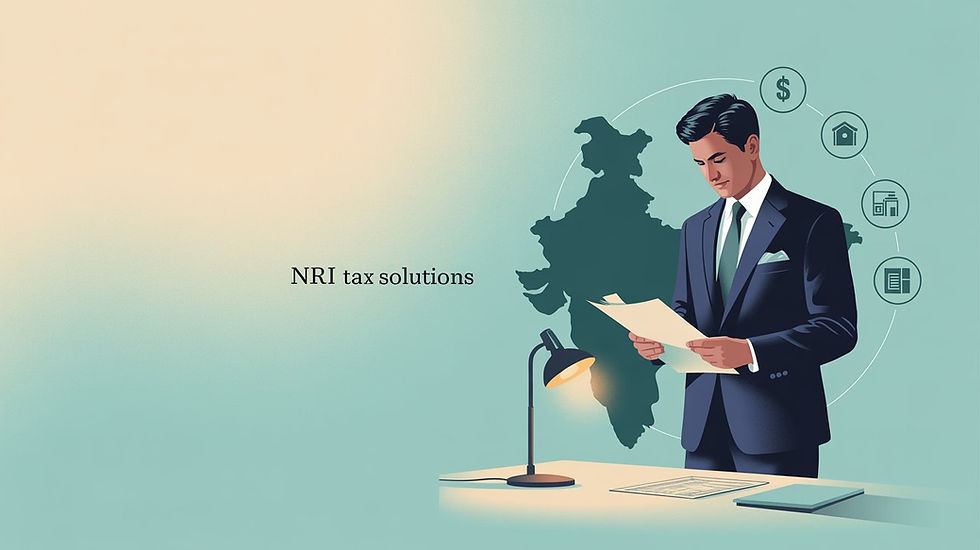Top 10 FAQs about Personal Finance Investment
- Content Turtle
- Dec 26, 2023
- 3 min read
strategic decision-making. In this dynamic landscape, individuals often encounter questions and seek guidance. This compilation addresses the top 10 frequently asked questions (FAQs) about personal finance investment, offering concise insights to empower informed choices and foster financial well-being.
Top 10 FAQs about Personal Finance Investment:
Q: What is Personal Finance Investment?
A: Personal Finance Investment refers to the allocation of funds or assets by individuals to achieve financial goals. It involves strategies such as saving, investing, and managing money to build wealth, generate income, and secure one's financial future.
Q: How do I Start Investing in the Stock Market?
A: Begin by educating yourself about the stock market, understanding your risk tolerance, and setting clear financial goals. Open a brokerage account, research potential investments, and consider starting with diversified index funds or seeking advice from a financial advisor.
Q: What is the Importance of Diversification in Investment?
A: Diversification involves spreading investments across different asset classes to reduce risk. By holding a mix of stocks, bonds, real estate, and other assets, investors can minimize the impact of poor performance in any single investment on their overall portfolio.
Q: How Much Should I Save for Retirement?
A: The amount needed for retirement varies based on individual goals and lifestyle. Financial advisors often recommend saving at least 15% of your income, but the ideal amount depends on factors such as age, expected retirement age, and desired post-retirement lifestyle.
Q: What are Tax-Advantaged Accounts, and Why are They Important?
A: Tax-advantaged accounts, such as 401(k)s or IRAs, offer tax benefits on contributions, gains, or withdrawals. Maximizing contributions to these accounts can enhance your investment returns and provide tax advantages, helping you save more for retirement.
Q: Is Real Estate a Good Investment?
A: Real estate can be a valuable investment, offering potential for rental income and property appreciation. However, it requires careful research, management, and understanding of the market. Consider factors like location, property type, and market trends before investing in real estate.
Q: How Can I Improve My Credit Score?
A: To improve your credit score, focus on paying bills on time, reducing credit card balances, and managing debt responsibly. Regularly check your credit report for errors, and consider diversifying your credit mix by having a mix of credit cards and installment loans.
Q: What is Emergency Fund and Why is it Important?
A: An emergency fund is a savings buffer set aside for unexpected expenses like medical bills or job loss. It provides financial security and prevents individuals from dipping into investments or going into debt during emergencies. Aim for three to six months' worth of living expenses in your emergency fund.
Q: Should I Pay off Debt or Invest First?
A: The decision to pay off debt or invest depends on the interest rates involved. High-interest debt, such as credit card debt, should be prioritized for repayment. Low-interest debts may be manageable while simultaneously investing, striking a balance between debt reduction and wealth building.
Q: How Often Should I Review My Investment Portfolio?
A: Regularly review your investment portfolio to ensure it aligns with your financial goals and risk tolerance. Annual reviews are common, but you may choose to reassess more frequently based on significant life changes, market conditions, or adjustments to your financial objectives.
Managing money can be overwhelming! Whether you're tackling financial challenges or striving to achieve life goals, consulting a reliable financial advisor is a wise move. For expert guidance and effective personal finance management, talk to Turtle today -
1. Just head to our website — Link here
2. Click on “Book a free call”
3. Choose the date & time as per your convenience and RELAX!
Turtle Advisors will take it from there!


